SASSCAL is an implementing partner of the EU-funded project ‘Supporting EU-African Cooperation on Research Infrastructures for Food Security and Greenhouse Gas Observations’ (SEACRIFOG). SEACRIFOG is implemented over a three-year period (February 2017 to February 2020) by a consortium of 16 African and European partner organizations. The SEACRIFOG project aims to design a pan-African greenhouse gas observation system. The 2018 SEACRIFOG Annual Meeting took place at the Ocean Science Centre in Mindelo, Cape Verde, from 18 to 21 June 2018. Johannes Beck, who is responsible for SASSCAL’s contributions to the SEACRIFOG project, participated in this meeting on behalf of SASSCAL.
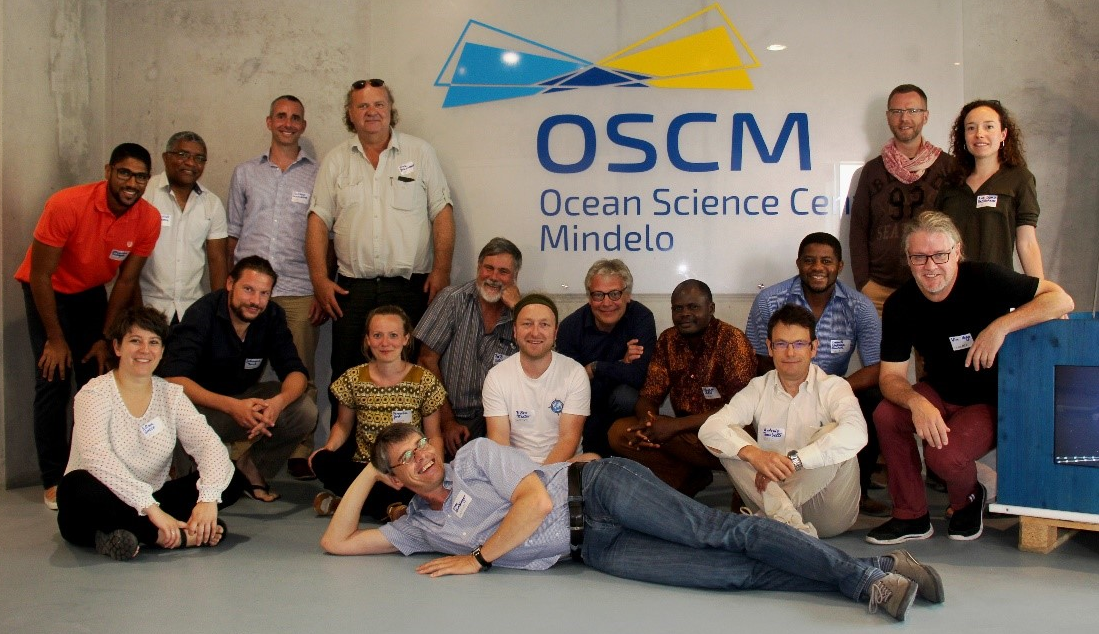
The purpose of the meeting was to coordinate, present and discuss the progress of the various project work packages and agree on the way forward. SASSCAL is involved in line with various work packages and provides critical project contributions towards the design of a fully inter-operable integrated observation network for climate change and other environmental dynamics in the terrestrial, atmospheric and oceanic domain across the African continent. Since numerous tasks of SEACRIFOG partners build on SASSCAL’s work, the meeting was a good opportunity for Johannes Beck to present and explain the work done by SASSCAL to date, facilitate corresponding discussions, and coordinate the next steps with the project partners.
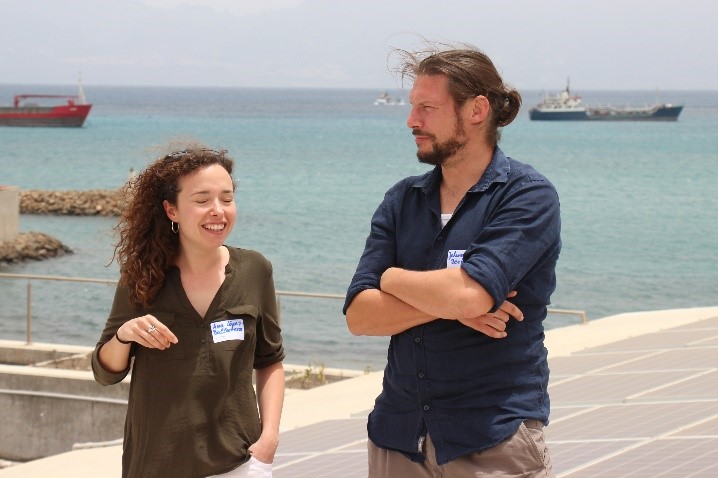
Meeting participants receiving a tour of the Ocean Science Centre Mindelo (Photo: A. Koertzinger).
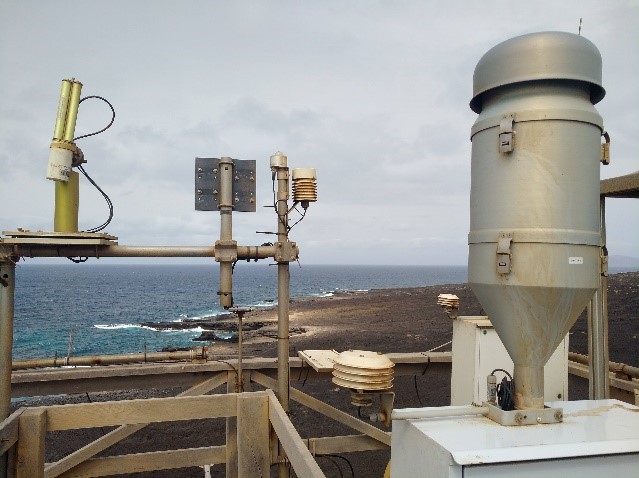
A view from the top of a 30-m tower for greenhouse gas observations at the atmospheric observation station on Cape Verde (Photo: J. Beck).
The meeting proved fruitful in terms of both content and directly interacting with the project partners. From SASSCAL’s perspective, a priority for the meeting was to discuss with the project consortium the ‘ideal’ and ‘mandatory’ variable sets to be considered by the observation network to be designed in line with SEACRIFOG. Corresponding information had been disseminated during the previous months and input had been requested via the specifically developed web-based ‘SEACRIFOG Collaborative Inventory Tool’. The result of this effort was a ‘mandatory’ variable set based on a survey-based approach. The meeting participants agreed that such a list is a ‘living’ concept which will continuously undergo further iterations.
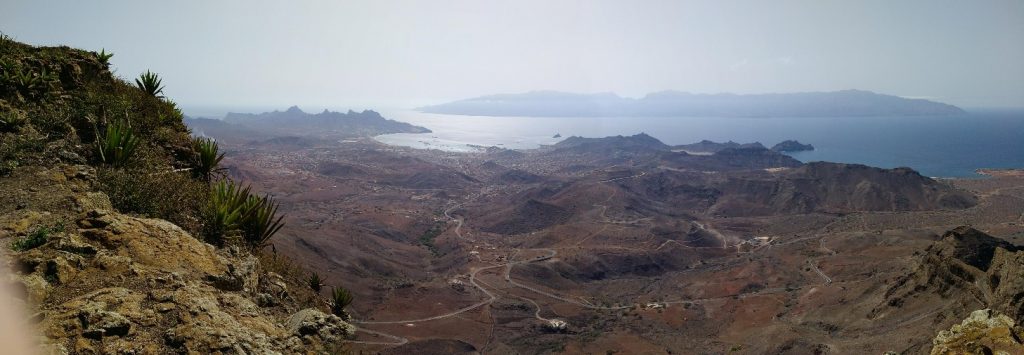
View on São Vicente island with the Mindelo Bay and the island of Santo Antão in the background (Photo: J. Beck).



